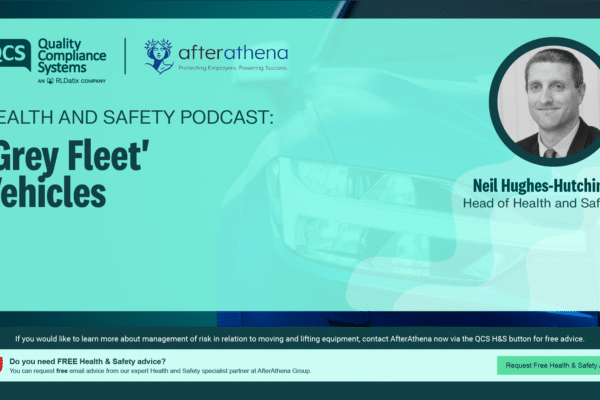A Taste of Their Own Medicine
The Care Quality Commission (CQC) is currently navigating a challenging period, with the future of the organisation appearing increasingly uncertain. Despite this, as the regulator of health and social care services, their role remains crucial. They must continue to oversee the sector and ensure that, at the very least, safety standards are maintained.
The SAF: A Source of Uncertainty
However, this task is made more difficult given the scrutiny they face, coupled with the erosion of trust from providers, the government, and the public. The development and roll out of the Single Assessment Framework (SAF) has only added to this uncertainty. It has been plagued by poor IT infrastructure, limited resources, huge internal reorganisation, and a reluctance by leaders to accept criticism. One of the key features of the SAF is its reliance on six categories of evidence. This made me wonder: what rating would CQC receive if they were assessed using their own criteria?
Provider Feedback: A Bitter Pill
The first evidence category is People’s Experience of Health and Care Services. Providers are expected to demonstrate that service users receive quality care. Ironically, feedback from providers about their experience with the CQC has been overwhelmingly negative. Concerns have been raised about lengthy registration processes, confusion surrounding the SAF, and persistent issues with the ‘provider portal,’ among other concerns.
CQC Staff ignored
Next, the Feedback from Staff and Leaders paints a similarly bleak picture. CQC staff reportedly voiced concerns about the challenges they faced in implementing the new framework, but these were largely ignored. Leadership at CQC also failed to heed the concerns of providers during the initial rollout, opting instead to press ahead despite the evident issues.
The Feedback from Partners has been no more encouraging. In fact, the situation has deteriorated to the point where the government has authorised a comprehensive review of the CQC’s operations and their handling of the SAF.
Processes: A Flawed System
When considering the Processes category, the evidence points to significant shortcomings. The systems and planning behind the SAF’s delivery appear flawed, with little consideration given to the implications of the extensive internal changes required to make it work.
Outcomes; Not so great
Finally, the Outcomes have been undeniably poor. The CQC is now subject to an organisational review, and Wes Streeting, the Secretary of State for Health and Social Care, has publicly stated that the public can no longer trust the reports published by the CQC, and branding the organisation as ‘not fit for purpose.’
Given this evidence, it’s hard to see how the CQC could rate themselves as anything higher than “Requires Improvement” using their own criteria. In fact, they might even be deemed “Inadequate,” with all the implications that brings for their future.
But we do Need a Regulator
Despite these issues, we still need a regulator we can trust—one that delivers fair and reliable assessments to ensure services are safe for those who use them, those who provide them, and the wider public. This isn’t an unreasonable expectation.
The CQC appears to acknowledge that change is necessary, but I fear it might be too little, too late to restore the trust and confidence a regulator needs to command.
The views expressed in this article are solely those of the author and do not necessarily reflect the views of QCS.





